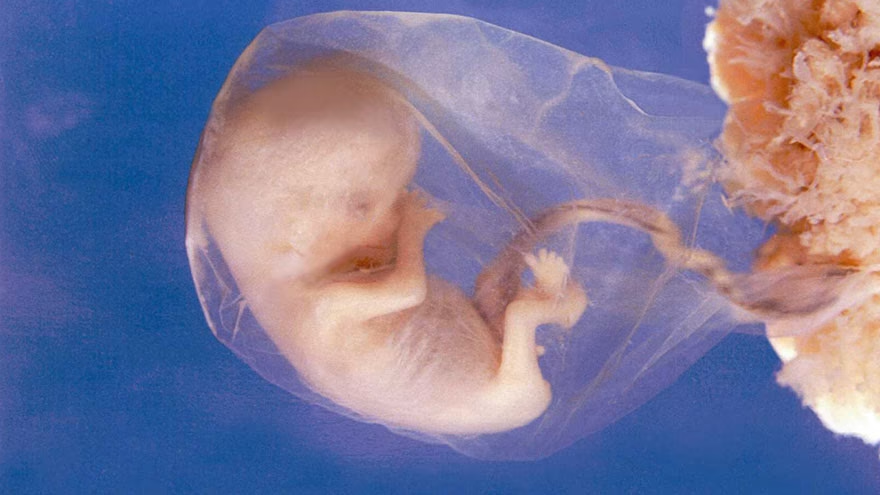
Growth
At about the eight week of pregnancy bone cells first appear. This is the signal that the developing baby is now a fetus. This also signals the start of the fetal stage of development.Beginning as of now the infant will keep on developing to a length around multiple times the size he is at about two months. An ultrasound shows the size of the developing baby and is used to monitor the pregnancy.
Taste And Smell
At the 12th week of gestation, the fetus starts to swallow and inhale amniotic fluid, the liquid that surrounds and protects the developing baby inside the womb.This stimulates the senses of taste and smell. It is also thought to help with the development of organs for respiration and digestion. At 14 weeks, the fetus will have mature taste cells.
During weeks 11 to 15, the fetus' nose develops.
Hearing
At the 16th week, a fetus is able to listen to its surroundings. The baby will start to respond to the mother's voice and body. The ear and feeling of sound is completely finished at 24 weeks.Even though the baby has many layers of protection she can still hear outside of the mother's body. Babies are able to remember specific sound patterns of music and speech. After they're born prefer the sounds they are familiar with from inside the womb.
Sight
The developing fetus will not open his or her eyes until the 26th week of gestation. Despite the fact that the eyes might be shut the creating child will be touchy to light. When light is shown on a mother's abdomen, there is an increase in the fetus' heart rate.After birth, the eyesight will continue to develop. The newborn baby only sees 8 to 12 inches away with a visual acuity of 29/400; this progresses until it reaches 20/20 around 8 months of age.
Sex Differences
An ultrasound should be able to determine the gender of a fetus. Although the development is fairly similar, there can be a slight difference of behavior in the womb. It may seem to be an urban legend that baby boys will kick more, but male fetuses actually tend to be more active in the womb than female fetuses, according to "A Child's World: Infancy through Adolescence." Generally this will also continue during infancy.
You Might Also Like :: Facts About Pregnancy & Delivery
Save for later
Found this helpful?
Pin this article to your Pinterest board and come back to it whenever you need a reminder.
Save to Pinterest


